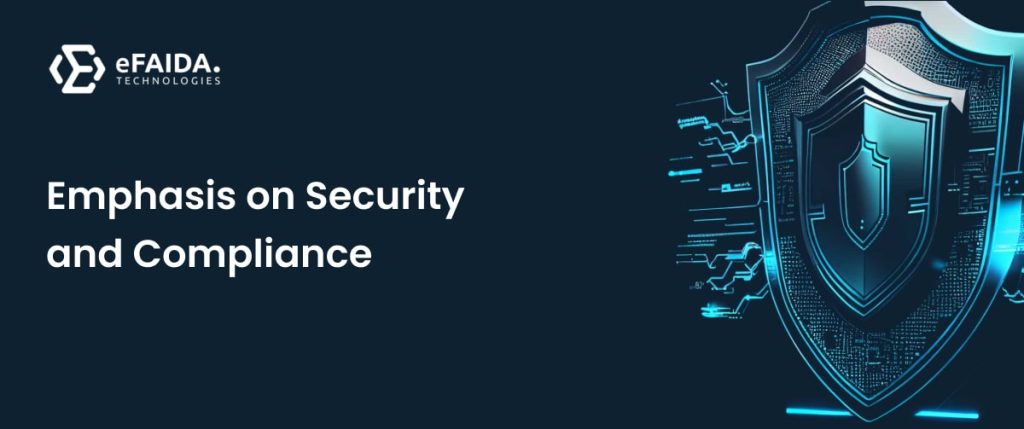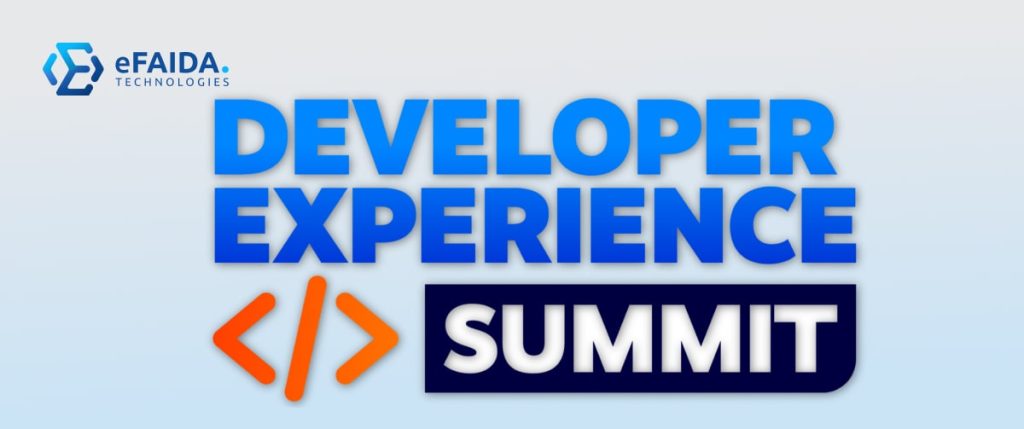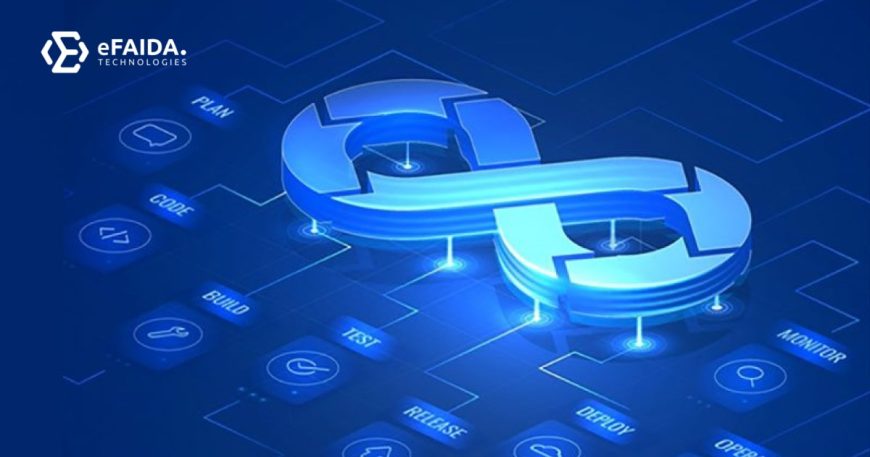Introduction
DevOps as a Service model of software delivery has changed the way software is being developed. Thus, DaaS is a service that provides tools, people, and processes, and enables organizations to build and deliver better software more effectively than they would have with conventional means. However, what could be anticipated from DaaS in the future as technology continues to enhance? Let’s explore some key trends shaping the landscape: Let’s take a look at some of the main tendencies that define the situation:
1. Deeper Integration with AI and Machine Learning (AIOps):
Repetitive work and manual tuning are things of the past. The application of AI and machine learning (AIOps) in the management of processes, assessment of risks, and determination of the resources needed will expand the DaaS practice. This will enable the development teams to focus their time on other areas of the products such as the product features.
2. Serverless Computing and the Rise of Function-as-a-Service (FaaS):
Serverless computing shifts the responsibility of managing infrastructure from the developers. This will be because DaaS providers will have perfect compatibility with FaaS platforms in a way that developers will be able to write code and just deploy functionalities without having to bother about servers or how to scale them up.

3. Emphasis on Security and Compliance:
With the advancement of new and improved forms of cyber threats, security will still be an issue of concern for DaaS. The providers will provide security features such as firewalls, vulnerability scanning, and compliance certificates to enhance the security of the data through the application development life cycle.
4. Democratization of DevOps with Self-Service Tools:
The DaaS is getting more and more intuitive and easily implemented. By providing the self-service tools to the developer and operations teams within the DaaS platform, the ownership and collaboration between the development and operations teams will be enhanced.
5. The Rise of Hybrid and Multi-Cloud Environments:
Most organizations today deploy their applications across multiple clouds: public, private, and/or hybrid clouds. Daas vendors will have to provide scalable solutions that can support such implementations across these different platforms.
6. Continuous Delivery Pipelines with GitOps:
GitOps, an approach to managing infrastructure that uses Git repositories, will be more tightly combined with DaaS. These will simplify the configuration management and deployments and make sure that all the infrastructure is as compliant with the code as is desired.

7. Focus on Developer Experience (DX):
This is because the DaaS providers will be more interested in the tools and features that will benefit the developers. This may consist of code completion, automation of testing frameworks, and compatibility with other tools to support the developers.
Looking Ahead:
There is no doubt that the future of DaaS is bright as it is slowly gaining ground. With these trends, the DaaS providers are in a very good position to assist business persons to be more flexible, secure, and efficient in their management of software development. Hence, as DaaS is still evolving, it will be a very crucial tool for organizations in the ever-dynamic digital market.
Conclusion:
The DevOps as a Service model will remain popular and develop further in the next few years. In the future, AI and serverless computing will definitely enhance the level of automation, security, and usability of the development environment as a service provided by DaaS. Therefore, DaaS is likely to be one of the key drivers for organizations to be successful in the process of software development in the near future.
FAQs about the Future of DaaS:
Q1. How can I ensure my organization is ready for the future of DaaS?
You should always know what is new and happening in the field and evaluate your current developmental processes. In this case, the DaaS providers should be in a position to provide solutions that can be easily tailored to suit your present and future needs.
Q2. What are the security implications of AI and automation in DaaS?
Therefore, security will remain one of the biggest concerns for any DaaS provider in the future. When selecting the providers in this case, one needs to ensure that the providers chosen implement adequate security measures and are also very willing to explain how they protect the users’ information.
Q3. Will DaaS replace the need for in-house DevOps expertise?
DaaS can assist the developers to reduce the amount of time they would have spent on certain tasks hence they can use the time for other tasks. However, some level of internal knowledge is still anticipated to be needed for the proper functioning of the DaaS platform.




